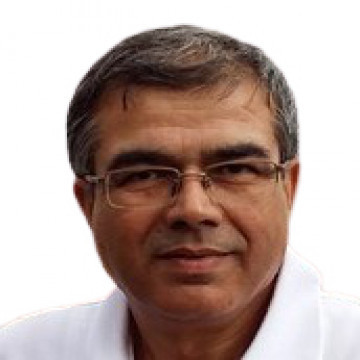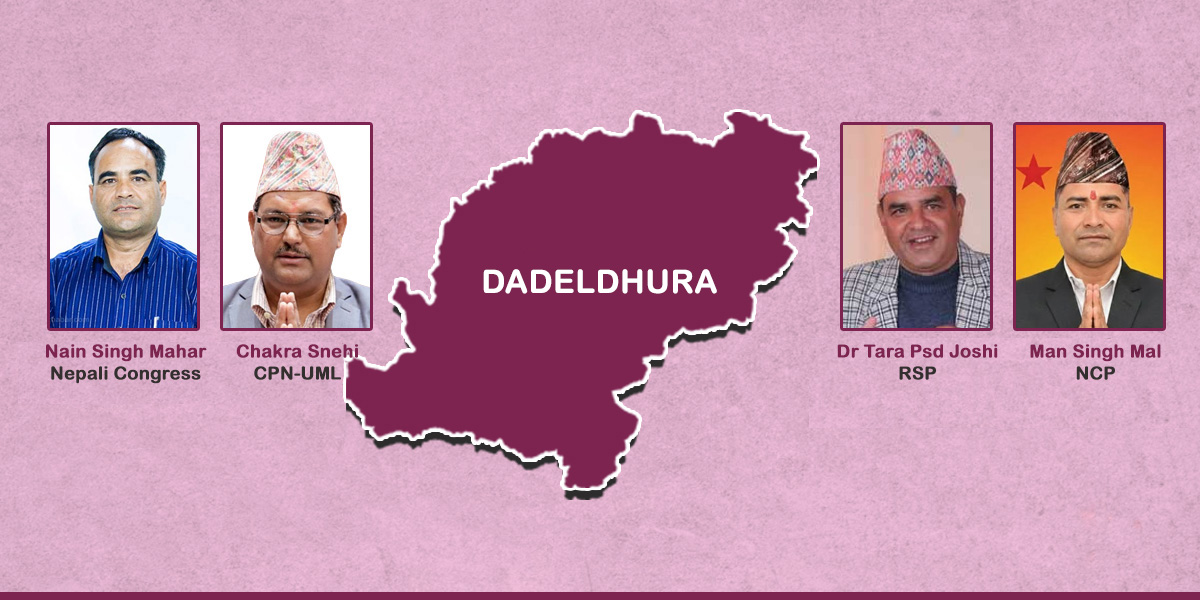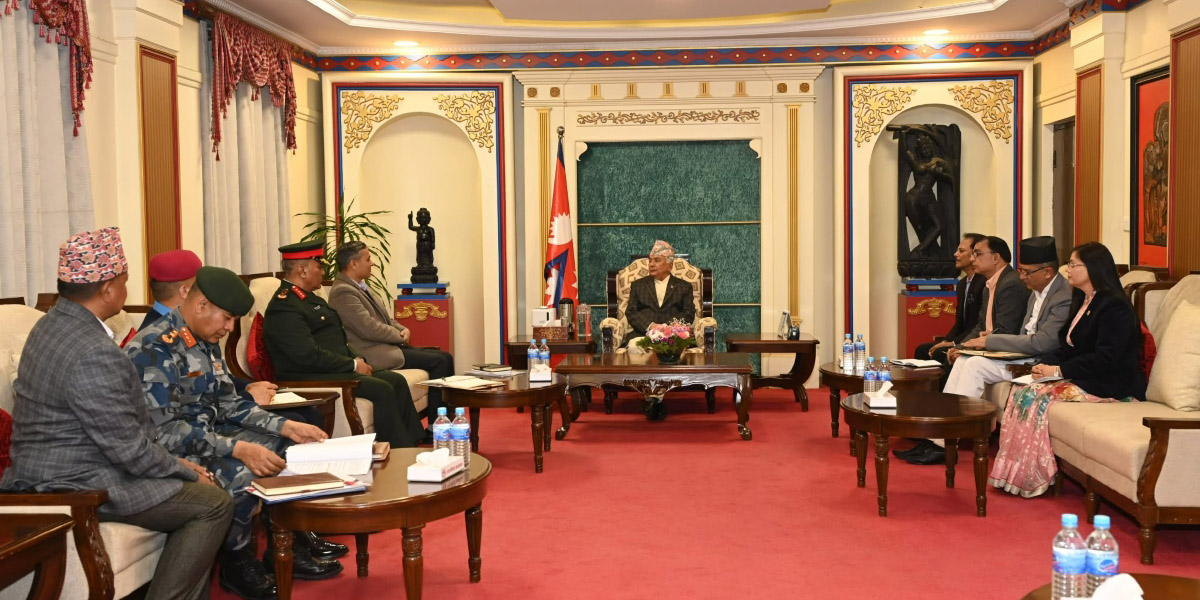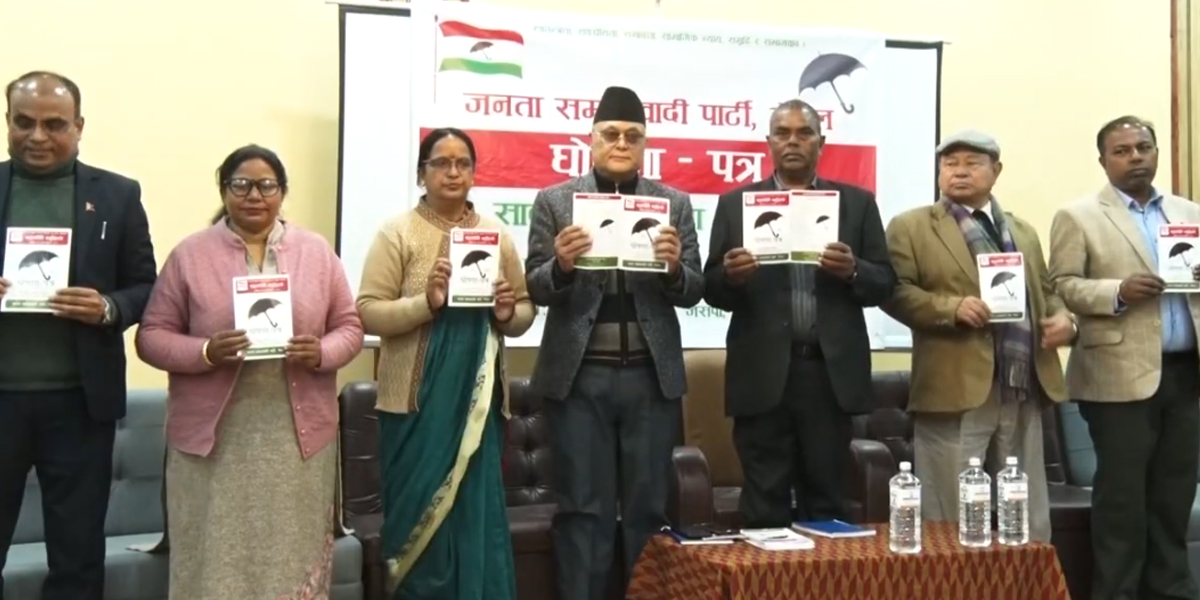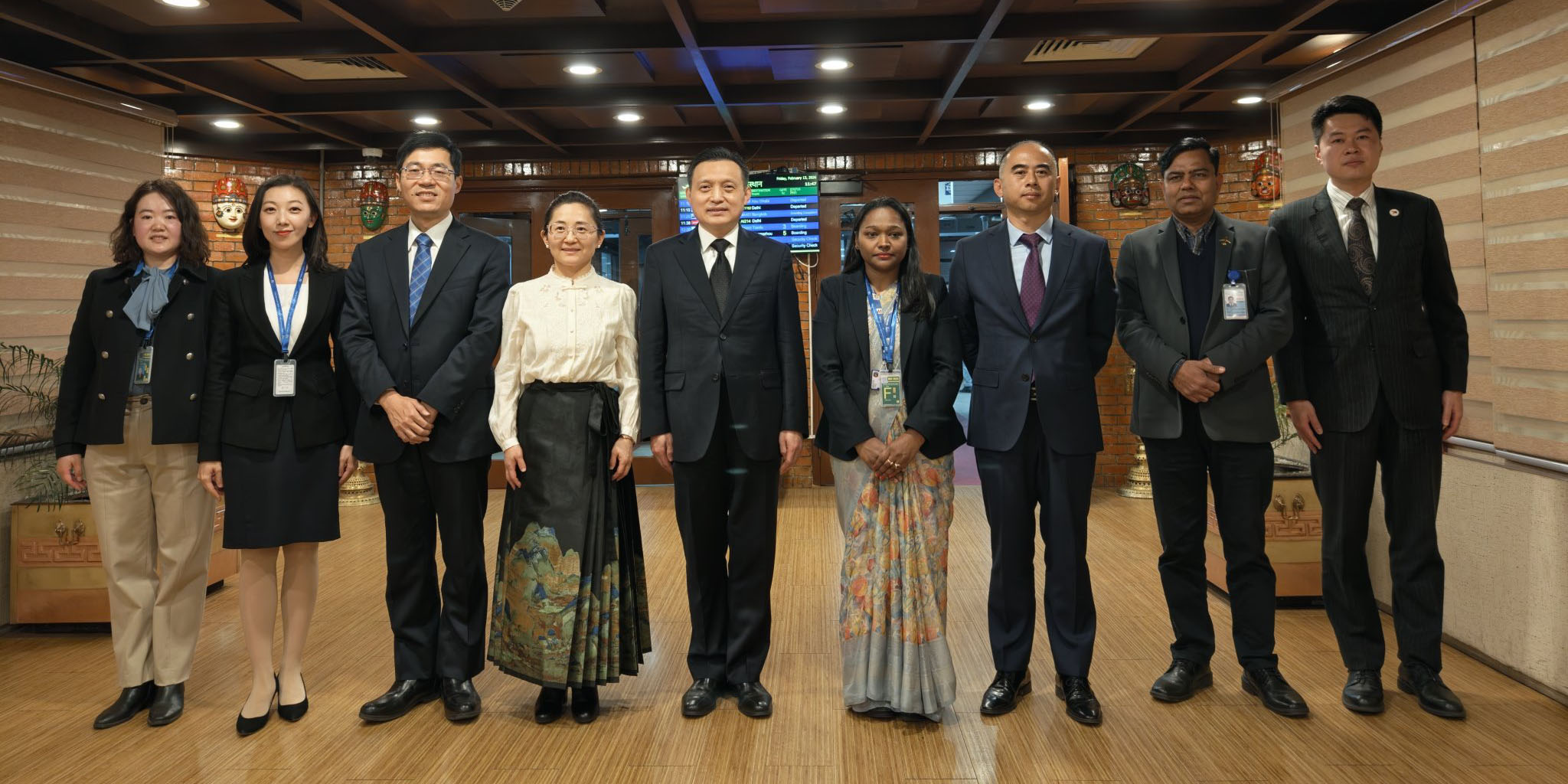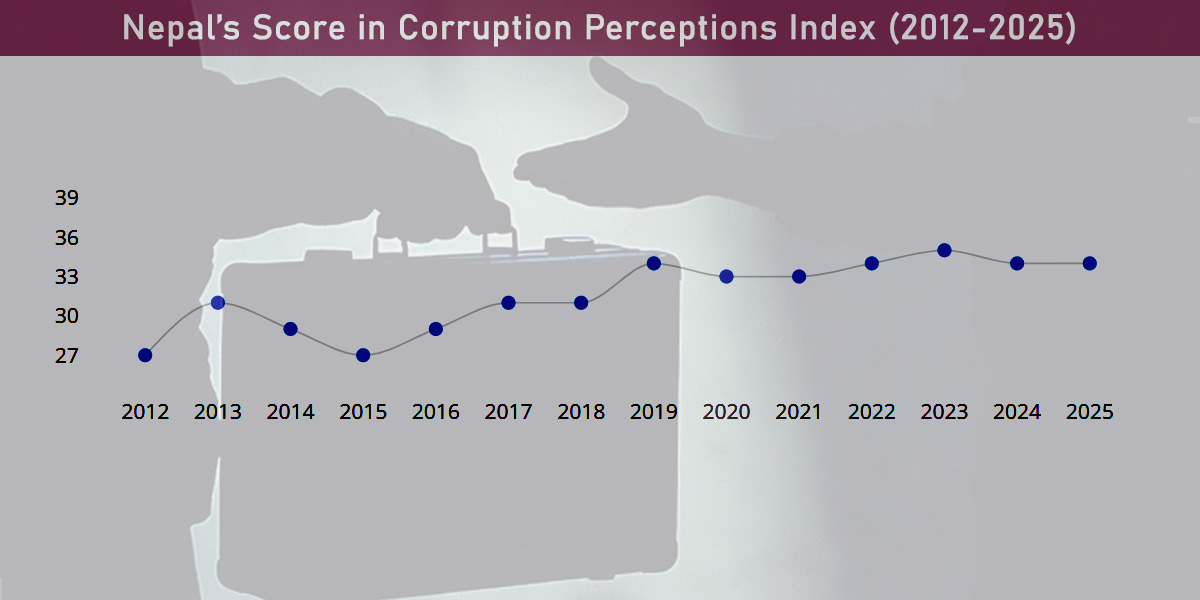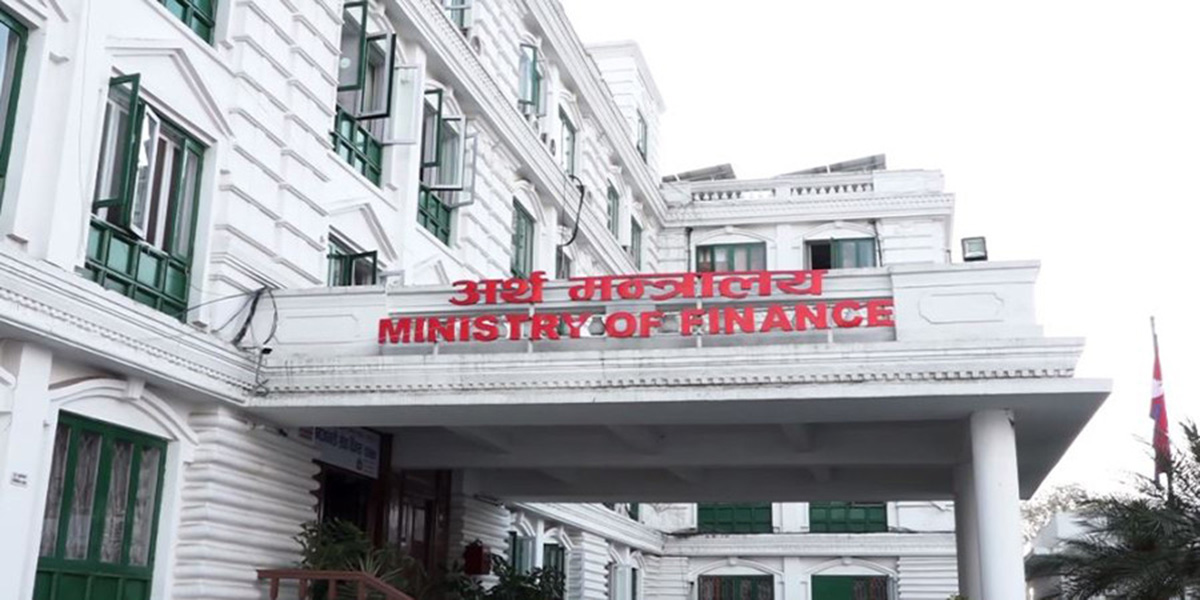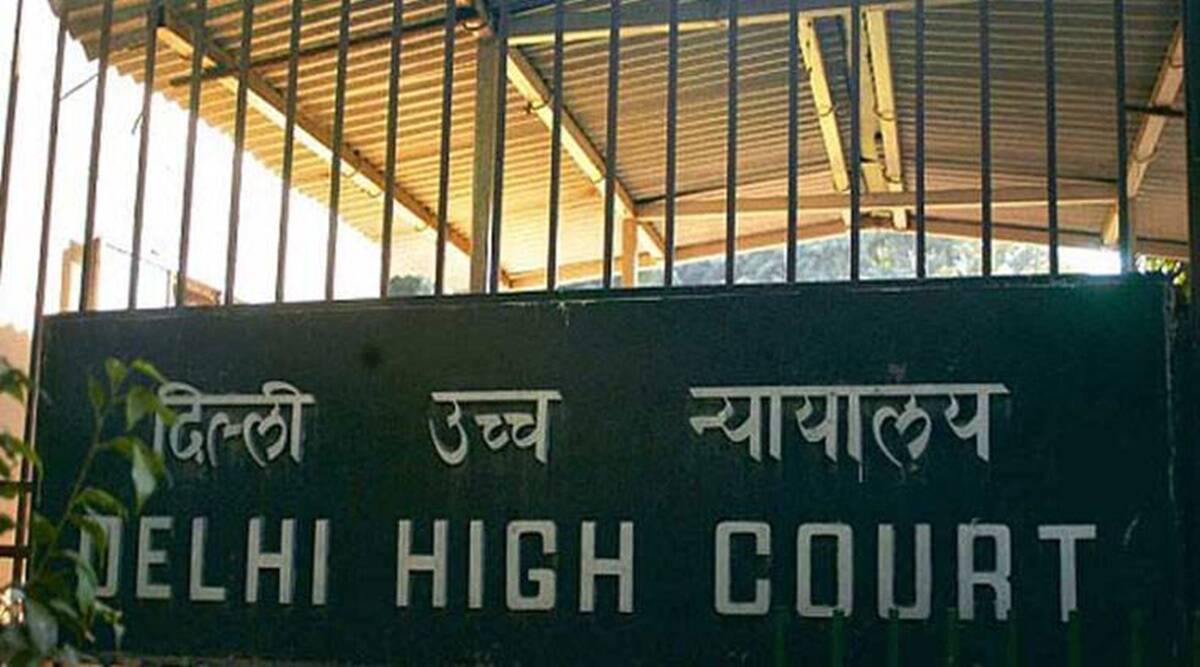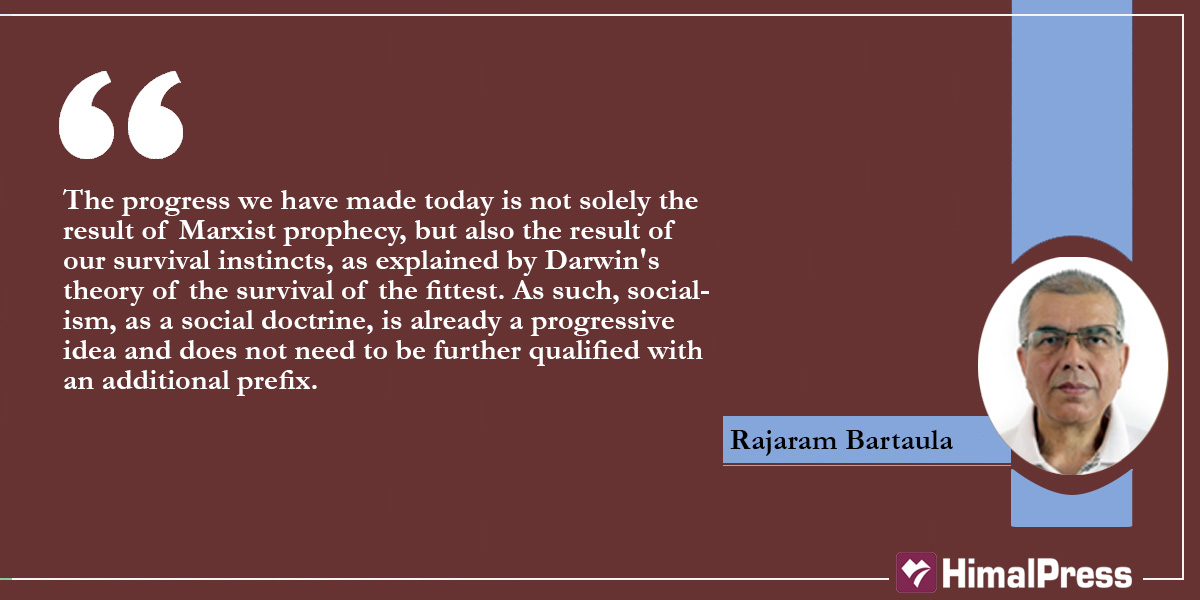
Of late, the term ‘progressive democracy’ has gained popularity among certain political parties that describe themselves as progressive and a voice for the aspirations of young people as well as the harbinger of change. They see democracy as a means to meet ends without compromising the fundamentals of liberty and dynamism in the socio-political domain with visible change.
The idea of political freedom as a strict doctrine and liberty as its defining feature contradicts the core principles of socialism and progressive democracy in nomenclature as espoused by some Nepali political leaders, creating a negative perception of democracy.
The terminology used by these promising young leaders merits attention and should be taken seriously, as the voting trends among the youth, as observed in recent local elections, appear to indicate a shift towards change. This carries significant political influence, given the assumption that Nepali youth both at home and abroad are supporting the new parties with great optimism.
The ‘progressive democracy’ doctrine, which these parties have proposed and promoted as a political guideline, requires further clarification to succinctly define its meaning and purpose in the Nepali context where change remains an unfulfilled dream. So far, terms such as ‘democracy’, ‘basic democracy’, ‘people’s democracy’, ‘democratic socialism’, and ‘socialism with…..characteristics’ have been used by parties. But the concept of ‘progressive democracy’ is new and unique. But having been coined and presented as the guiding principle of a political party that strives for change, transparency, and accountability in governance is something hard to comprehend.
The young and promising leaders, known for their rebellious spirit, have won the trust of the youth by promoting clean and accountable governance. They have taken a stance against corruption, which has become a symbol of the change that Nepal has been longing for many years. Youths, who are frustrated with the empty promises of democracy and the lack of tangible results and social benefits, have rebelled against the existing system. The support of the youth for this newcomer in the political arena reflects their inner desire for change.
The ‘progressive democracy’ doctrine, which these parties have proposed and promoted as a political guideline, requires further clarification to succinctly define its meaning and purpose in the Nepali context where change remains an unfulfilled dream.
Despite the desire for change, some emerging leaders prefer to add the adjective ‘progressive’ to democracy, making it ‘progressive democracy’. This suggests that the party is left-leaning, as the word ‘progressive’ is often associated with socialism in common usage. This makes the concept of ‘progressive democracy’ confusing, causing confusion among the general public and leading us to view it as a novel introduction to a new political idea that carries philosophical values.
The idea of progress is inherent in human DNA, a testament to our evolutionary history. The progress we have made today is not solely the result of Marxist prophecy, but also the result of our survival instincts, as explained by Darwin’s theory of the survival of the fittest. As such, socialism, as a social doctrine, is already a progressive idea and does not need to be further qualified with an additional prefix.
For many years, Nepali people lived in myopic conditions with a utopia of socialism and democratic socialism. Now, there is another trend emerging with the concept of ‘progressive democracy’. In the world, the most misused word is “democracy,” which has become a symbol of deception in many places where authoritarian, non-representative systems such as communism, socialism, military rule, and dictatorship claim to be democratic, calling themselves ‘people’s democracy’ or ‘democratic socialism’ in different contexts.
The word ‘democracy’ is self-explanatory and does not need any prefixes to define it. It comes from the Greek words ‘demos’ and ‘kratos’ which means ‘rule of the people’. This concept was famously stated by President Abraham Lincoln as ‘government of the people, by the people, for the people’.
The democracy practiced in Nepal is a mixture of parliamentary and socialist governance, with an emphasis on economic planning and devolution of authority to the local level through federalization. The Nepali constitution speaks of democracy in many places, but at its core, it is characterized by socialism, making it a unique form of democracy. Hence, it can be referred to as ‘socialism with Nepali characteristics’.
Socialism denies the parliamentary form of democracy and aims to impose an authoritarian regime with a centralized command for state resource mobilization and distribution. In socialism, one commands and others obey, whereas democracy embraces individual liberalism, diversity, and the rule of law as its core principles and values. Although socialism may sound progressive, it restricts democratic practices and moves towards a totalitarian system of governance.
The difference between democracy and socialism is that democracy seeks equality through liberty, whereas socialism seeks equality through restriction and subservience,” argues F.A. Hayak in his book ‘The Road to Serfdom’.
Democracy attaches value to each individual, while socialism reduces each person to a mere agent or number. The only thing that democracy and socialism have in common is the word ‘equality’. However, the difference lies in that democracy seeks equality through liberty, whereas socialism seeks equality through restriction and subservience,” argues F.A. Hayak in his book “The Road to Serfdom.” And yet, as Nepali people, we seem to hold a fondness for the term socialism, regardless of its origins and current applications.
In its other form, the newly emerging political party’s desire for socialism is expressed in a different tone and connotation. It is simply an attempt to associate with socialism as a means of misleading the Nepali people in the electoral contest.
Nepal is home to many socialist parties, some of which are merely for the sake of a name, and some are actively involved in their political mission. A few examples are the Communist Parties of Nepal with suffixes such as Marxists, Leninists, Maoists, and the socialist democratic parties Nepali Congress, Janata Samajbadi party, Loktantrik Samajbadi Party, etc. Almost all the major political parties are dogmatically associated with ideological socialism as their driving force. It seems that they are all destined to make Nepal a socialist country, as enumerated and ensured by the constitution of Nepal, a socialist-oriented Nepal.

